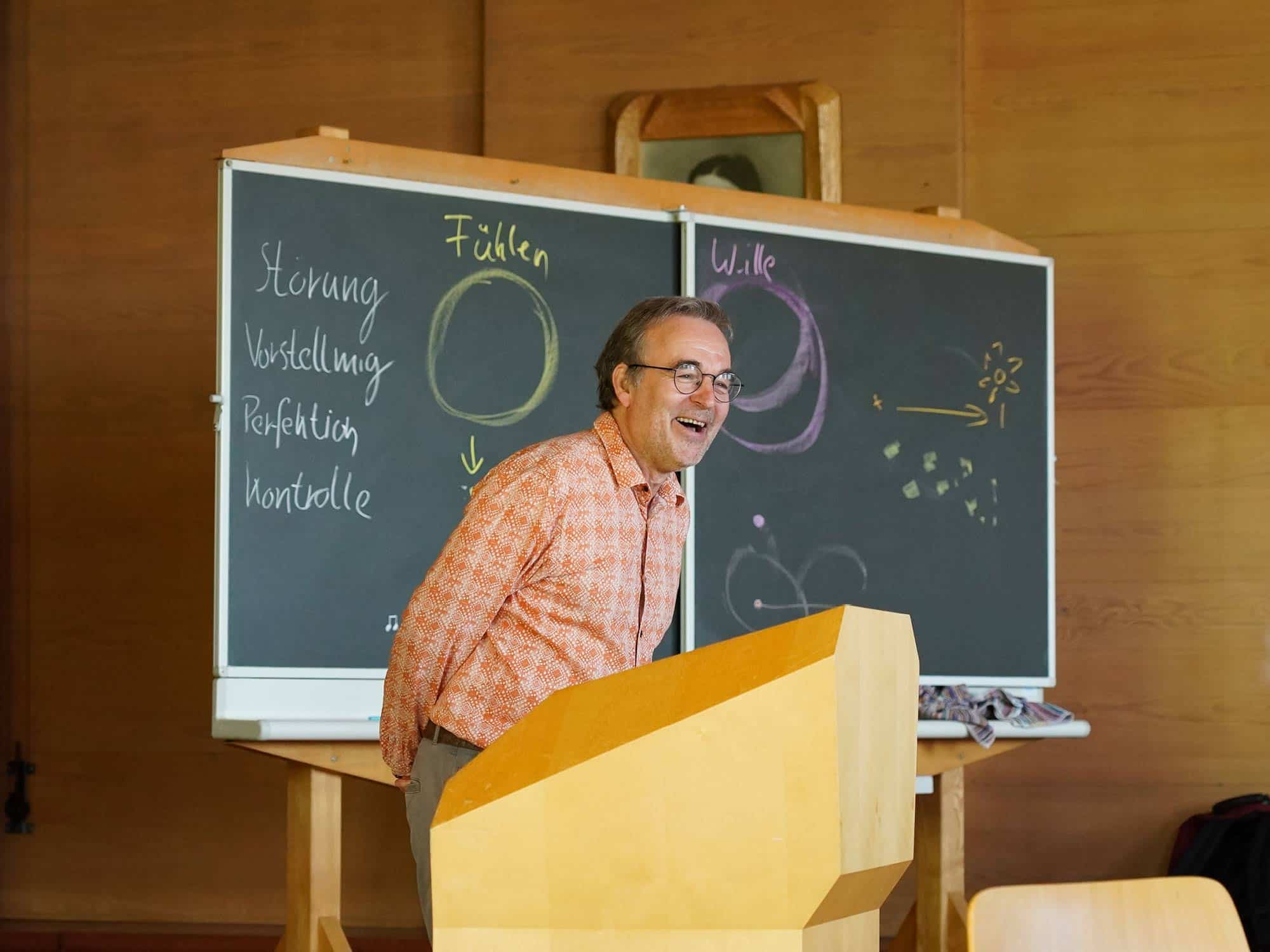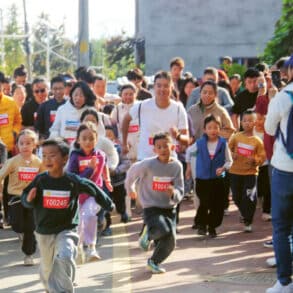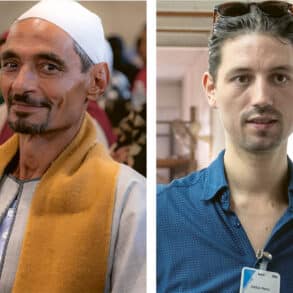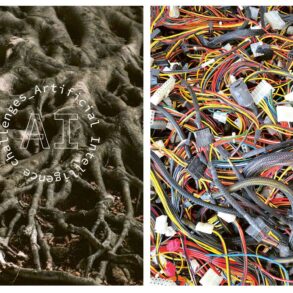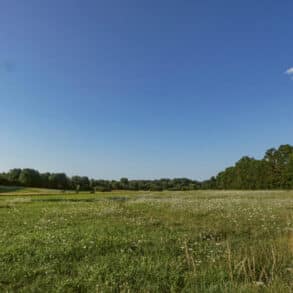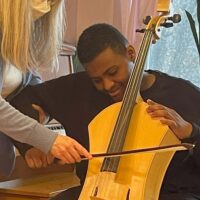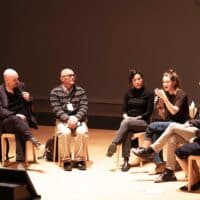For the first time, the instructors of Waldorf teacher trainings worldwide were invited to a meeting. What was the response? Wolfgang Held speaks with Philipp Reubke.
Philipp Reubke There were 250 participants, some from quite far away—India, Japan, Taiwan, China, and South America. We were very pleased and will continue to organize such conferences.
What questions did they bring with them?
How can we prepare future teachers for this difficult profession, so that they’re able to activate their resilience without being overwhelmed or less engaged?
On average, teachers only stay in the profession for a few years. Can this be improved?
There was a working group on mentoring, because we know that when we provide good support for career starters, they stay longer. This has been statistically proven. Various mentoring methods were discussed, and it became clear that the most successful form of learning is one in which people work together as equals and in dialogue.
Training in Waldorf education also means developing one’s personality. How does this relate to the development of skills?
What is very important in anthroposophy for the teaching profession is the development of skills, perceptual abilities, and resilience. Here, anthroposophy is not knowledge, but a path, and this is inextricably linked to Waldorf education. However, I have heard that the majority of training centers are happy to accept people who do not necessarily want to go into the classroom as a professional educator. So there is also room for those who are looking for inner training.
How did the panel discussions work?
At the beginning, the participants gave ten-minute statements. Then there was a discussion about anthroposophy and Waldorf education. It became clear how important it is that we handle anthroposophy in modern language. What’s important is to connect with the culture of today’s young people in a way that is understandable to them and thereby come to an understanding of the true human being. Human biography, psychology, and child development, rather than the basic anthroposophical works, are the starting points.
How is teacher training currently changing?
One task is to develop methods of adult education. Many lecturers have worked with young people at school, but not with adults. This is a completely different way of teaching and a place for further development and discussions. It also concerns the question of education as an art. In many countries, the scientific nature of education is emphasized. What’s done in kindergartens and schools should also be scientifically tested. We are seeking a balance between keeping pace with these scientifically focused ideas while, at the same time, developing a completely independent artistic teaching from out of the spiritual intuition of the human being.
Translation Joshua Kelberman
Image Philipp Reubke gives a lecture at the Family Festival at the Goetheanum 2022. Photo: Ariane Totzke

